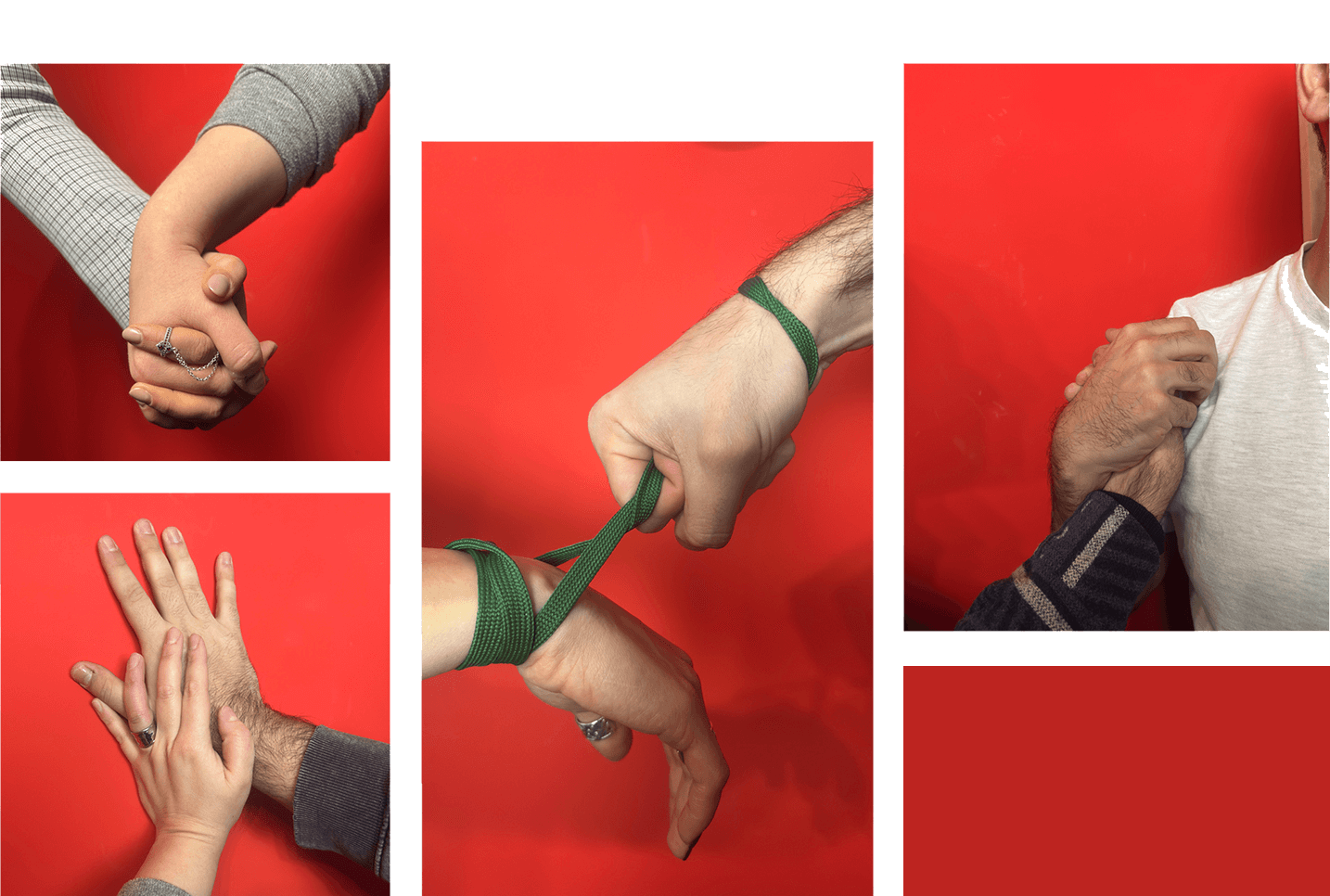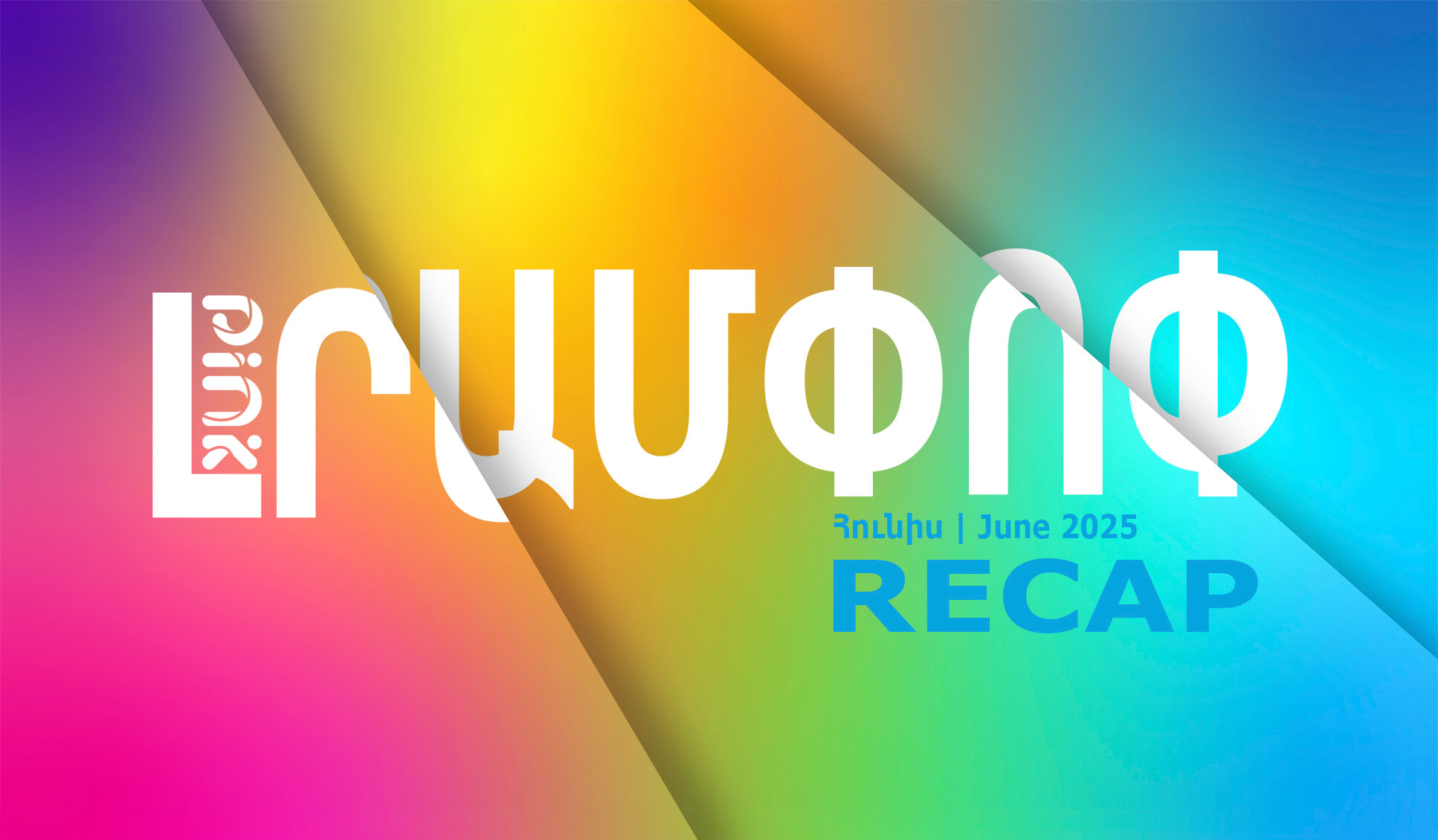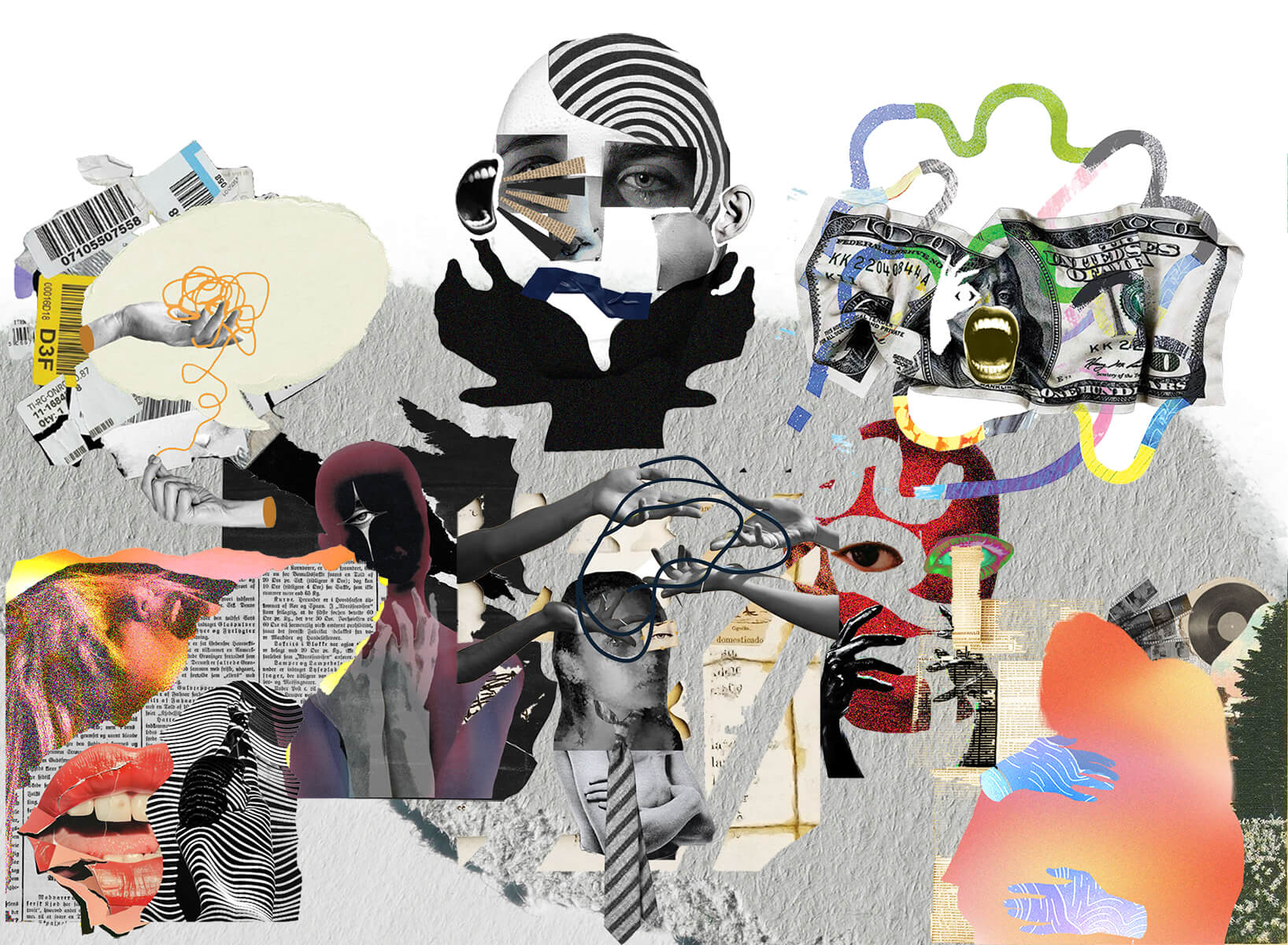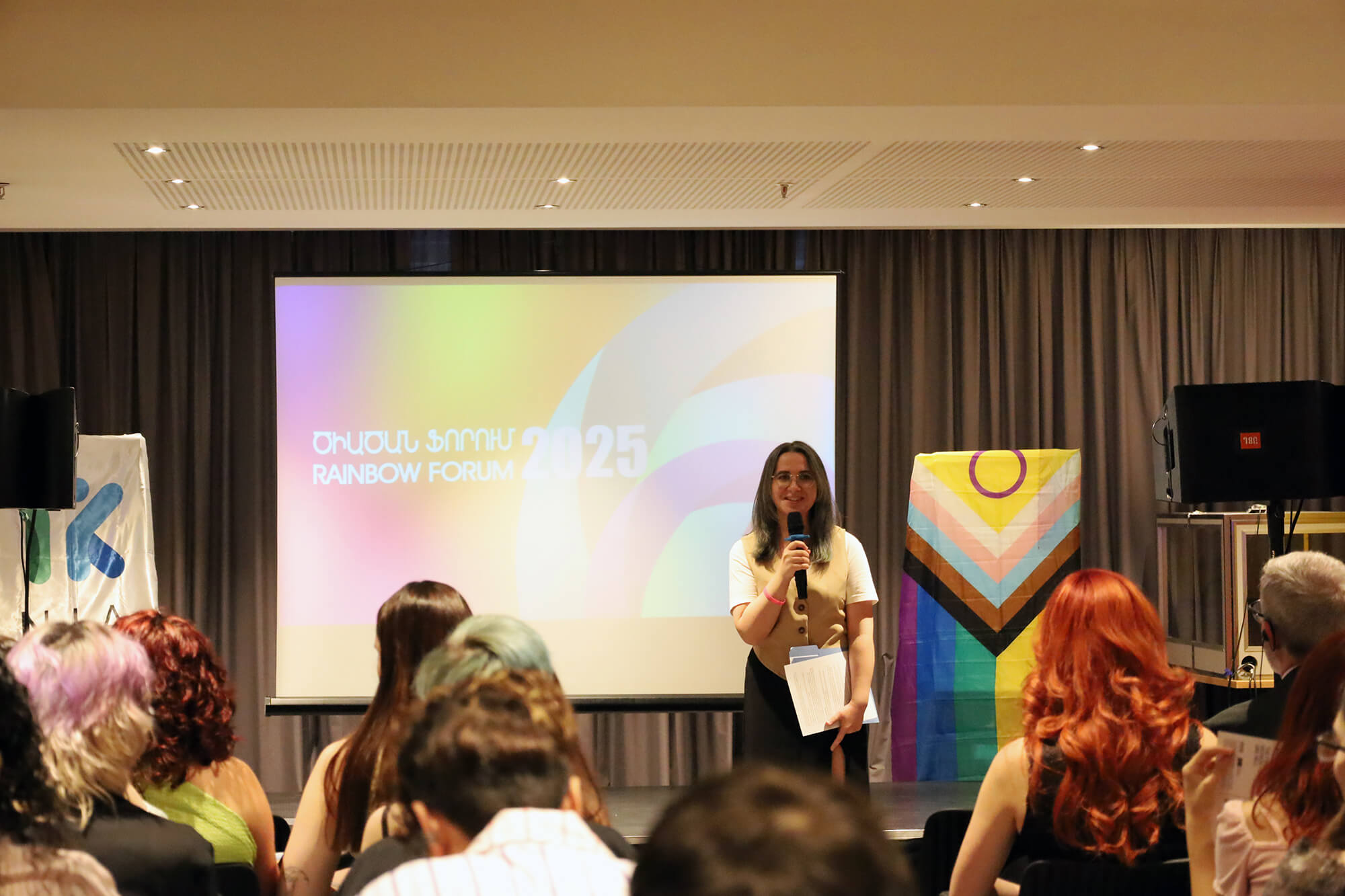“What do my romantic relationships look like?” summing up the campaign

In spring 2025, Pink conducted a small campaign to raise awareness about the signs of partner abuse in romantic relationships.
The quiz (in Armenian) on intimate relationships was shared on social media platforms, which ensured even wider accessibility to Armenian-speaking people. As a result, four publications were made, which had 587,000 reaches, and more than 25,800 people clicked the link to fill in the quiz.
The quiz is an interactive questionnaire based on the informational guide (in Armenian) on challenges of romantic relationships, which was developed by specialists. It aims to guide people through questions to see some behaviors that are worth paying attention to. It also helps to draw attention to what positive and concerning questions can arise in the relationships, to improve the positives and work on the concerning ones or take steps toward them.

During these two months, after summarizing the results of the quiz, we have seen the following interesting results: 22,005 people started to fill in the quiz; 5,434 of them finished it. The vast majority of quiz respondents are heterosexual women (75.8%), then heterosexual men (11.9%), and LGBT+ people (10.8%), the majority of whom are lesbian women (7.3%). 1.5% chose the option “other” or chose not to identify. It is worth mentioning that the quiz takers had the opportunity to choose their and their partner’s gender identity, hence the identity categories. It is a possibility that people would not choose their or their partner’s gender identities to avoid feeling ashamed or due to stigma and public pressure.
The vast majority of answers showed the presence of harmonious relationships (67%), then concerning (18%) and toxic signs (13%). In 2 percent of quiz takers, the presence of abuse in a relationship was observed.

Harmonious relationships tend to flow naturally, with an atmosphere of mutual respect and acceptance. However, it is important to remember that relationships are a process that requires continuous effort from each of us. As a result of the quiz, 77% of respondents are heterosexual women, 12% are heterosexual men, 10% are LGBT+ people, and 1% are people who chose the answer “other.”
Relationships with concerning elements flow naturally; however, there are some tendencies in the relationship that are important to address, sometimes reflect on, work on changing, and discuss with the partner. From all respondents whose relationships have concerning signs, 76% are heterosexual women, 12% are heterosexual men, 10% are LGBT+ people, and 2% are people who chose the answer “other.”
Relationships with signs of toxicity have patterns (consistently repeating behavior, thoughts, emotions, and/or their manifestations) that create dissatisfaction and tension. Relationships that have toxic tendencies are a sign of existing problems in romantic partnerships and the constant tension between partners, which in the end can lead to the breakdown of the relationship. Of the responses that have shown signs of toxic relationships, 74% are heterosexual women, 13% are heterosexual men, 12% are LGBT+ people, and 1% are people who chose the answer “other.”
Abusive relationships not only have the feeling of dissatisfaction and tension, but also one or more types of abuse are repeatedly present. In such cases, it is important to pay attention to the expressions of abuse in the relationship—physical, financial, sexual, emotional, etc.—and take steps or seek support, if needed. Of the responses that have shown signs of abusive relationships, 60% are heterosexual women, 11% are heterosexual men, 24% are LGBT+ people, and 5% are people who chose the answer “other.”

The campaign once again highlighted that romantic relationships are one of the most important things for each of us. Sometimes we might not notice how some patterns develop in relationships that break the harmony and can affect us, disturbing our well-being and the flow of the relationships. It is important to identify and be aware of the problematic aspects, to work on them and take steps or seek support.
When facing violence, support is available.
Hotlines
- For LGBT+ people in case of partner abuse or domestic violence (Pink Human Rights Defender NGO) 033 522 533
- In cases of domestic violence (Women’s Support Center NGO) 099 887 808
- In case of sexual violence (Sexual Assault Crisis Center NGO) 077 991 280
- Police ` 1-02




